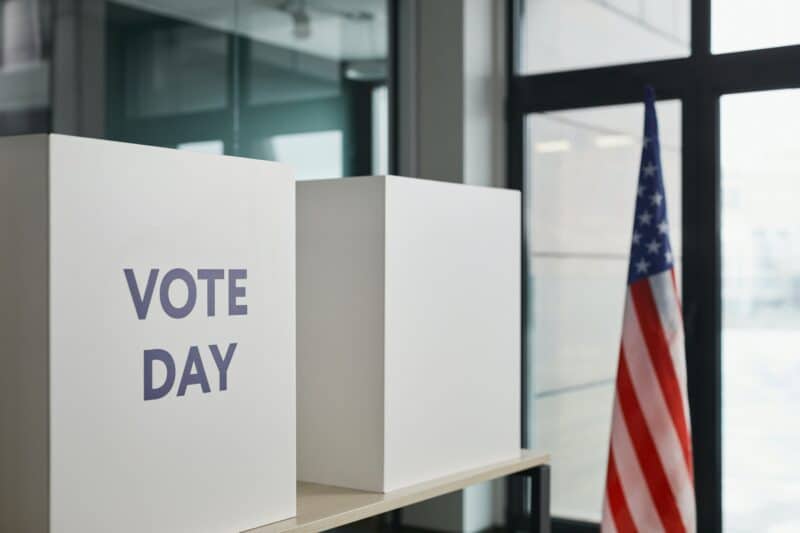Donald Trump has won the primaries in Iowa, and in Taiwan, an advocate of island’s independence has once again become the president. But it’s not over yet, as this year we are facing elections in countries representing 80 percent of global stock markets capitalization. On this occasion, it’s worth pondering: how can the elections impact our investments?
Elections are a word that will be used particularly often this year. And this is because voting will take place in more than 40 countries, which represent over 40 percent of the global economy. Stock exchanges from these countries account for as much as 80 percent of global capitalization (60 percent of global stock market capitalization is the US). The fact that elections can bring surprises and serious political consequences is something we learn ourselves by observing the difficult process of change after the October elections in Poland. Elections can also affect the stock markets, share prices of individual companies and indices, as well as currency exchange rates. For example, since the October 16 elections, the WIG index gained 12 percent.
But that’s not the end of the elections in Poland, as we await local elections in April (in two rounds on the 7th and 21st of April), and in June – elections to the European Parliament. They will take place throughout the European Union, in a situation where populist forces are growing stronger in some countries. They will have significantly greater representation in the new parliament than before, which will put additional pressure on European institutions, particularly in the context of important challenges such as the migration crisis, recovery from the recession, improving the competitiveness of the European economy or the discussion about changes in the EU decision-making mechanism.
From the important elections worldwide this year, we have already had one in Taiwan. On January 13, millions of citizens of the country, which is the largest producer of semiconductors, chose their president for the next four years. The post was won by Lai Ching-te, the incumbent vice president, originating from the Democratic Progressive Party (DPP). He advocates the continuation of the current policy of the island’s independence from China, which causes tensions with Beijing, and also exacerbates relations between China and the USA. At the same time, no party won an absolute majority in parliament, which means the necessity of building coalitions and introduces additional uncertainty.
This year, the elections in the USA will be of great importance. On Monday, Donald Trump won the Republican Party primary in Iowa by a large margin. The election campaign will be very heated and long since elections will only take place in 11 months – November 5. On that day, Americans will choose not only the president but also the entire House of Representatives and 1/3 of the Senate.
Currently, when the level of geopolitical risk in the world is at a record high, and in elections, populist forces are increasingly scoring well, the impact of elections on stock markets and our investments can be more significant than usual. We should remember that the market usually prices in the most realistic scenario and takes into account the probability of alternative scenarios. However, in the case of politics, support for particular parties and candidates, the dynamics of their change can be higher than in the case of economic data, the impact of which on the stock market we usually observe. A lot depends on individual countries and their political systems. In developed democracies with well-established institutions (at least theoretically), the influence of election results should be smaller than in other countries.
In such analyses, it’s also worth using historical data. In the USA, since the creation of the S&P500 index in 1928, there have been 24 presidential elections. In these years, the S&P500 brought positive returns in 20 out of 24 cases (83 percent of cases). When a Democrat held the office and a Democrat was elected, the total annual rate of return was on average 12 percent. When a Republican won, with a Democrat as the incumbent president, the markets annually gained an average of 13 percent.
Paweł Majtkowski, analyst at eToro in Poland
